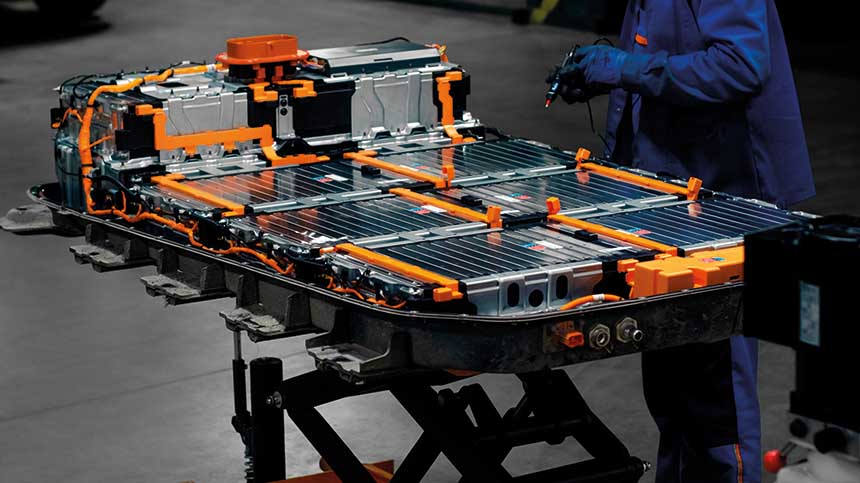Warrantywise warns of EV repair skills shortage

A shortage of EV repair skills is among the most serious skills challenges of the century.
This is according to leading automotive expert, Lawrence Whittaker, CEO of Warrantywise.
He believes the skills shortage will not only pose a safety risk, but dampen the transition to electric vehicles because it adds both time and cost to repairs.
In fact, he says it is skills more than cost, range and infrastructure that could post the greatest risk to EV uptake.
He said: “Electric vehicles (EVs) continue to grace our headlines, whether it’s a comment on the perceived lack of EV charging infrastructure, confirmation of increased road tax for EVs alongside the government-mandated ban on internal combustion engines and worries of EV-specific insurance cost increases.
“That’s just the tip of the iceberg as far as I can see – we’re still running head-first into one of the most concerning skills shortages we might see in the 21st century; the lack of trained TechSafe EV technicians.”
EV repair skills
“Ihe Institute of Motor Industry (IMI) issued yet another worrying report showing that there’s still a huge skills gap of trained EV technicians, risking EV uptake and driver satisfaction. Their latest EV TechSafe certification data shows only 58,800 technicians are now qualified to work on electric vehicles, representing just 24% of the UK automotive workforce. That’s not enough when you consider that there are over 1,190,000 fully electric cars on UK roads.
“Without enough qualified TechSafe EV technicians, I believe the rapid adoption of electric vehicles could stall, leading to safety risks, delayed repairs, and stunted growth in the EV industry. As demand for electric vehicles surges, the pressure on the industry to train and certify technicians is mounting, making this shortage a critical bottleneck that could undermine the transition to greener transportation.
“To address this looming crisis, a coordinated effort is required. Educational institutions, automotive companies, and governments must collaborate to develop and fund programmes that can quickly train a new generation of EV technicians. This includes updating the curriculum to include the latest EV technologies, providing incentives for students to pursue careers in this field, and ensuring that current technicians have access to upskilling opportunities.
“Only by taking proactive steps now can we hope to build a robust and sustainable support system for the electric vehicle revolution. That extends far beyond just upfront EV pricing and charging, and into investment into a skilled workforce to service and maintain them for the future. The industry relies on us having TechSafe technicians, now and into the next phase of EV sales.”








